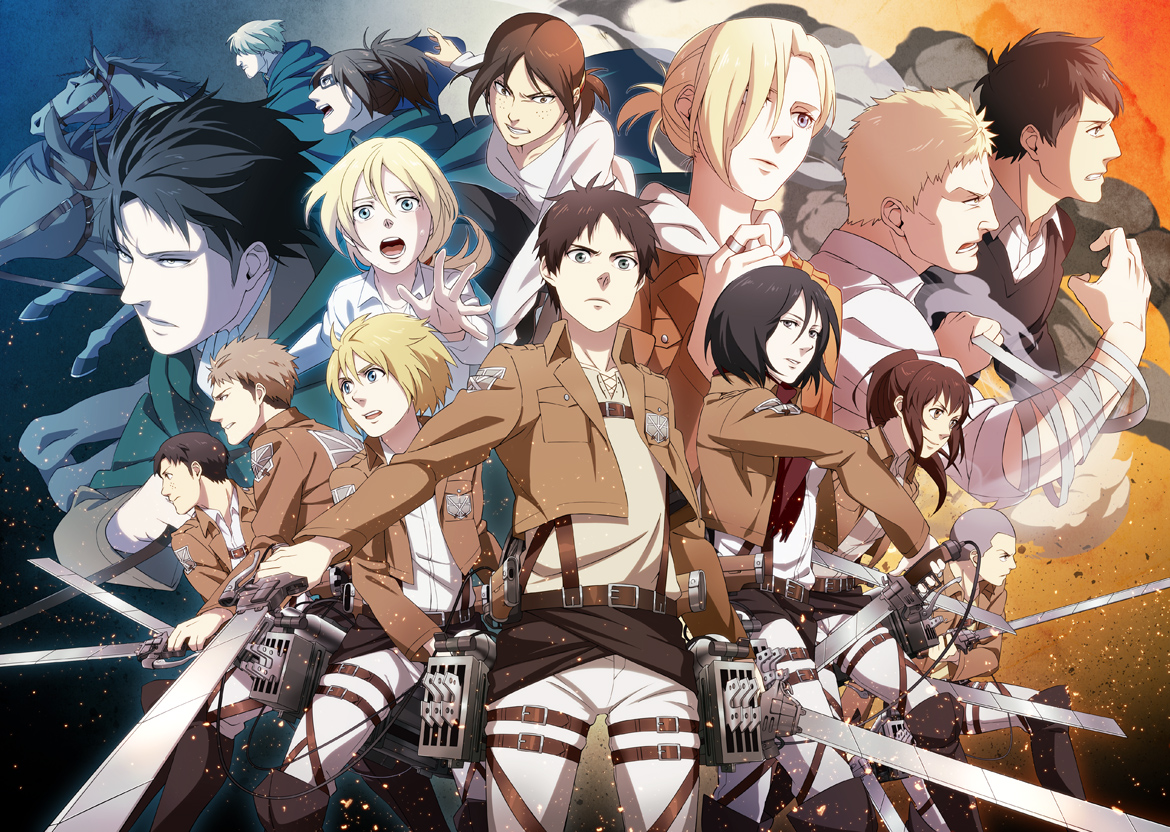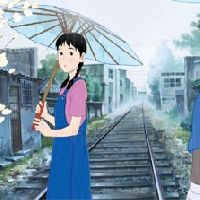Early Days of Anime
Anime is a very successful form of media in Japan and elsewhere. Since its creation, anime has evolved into the gorgeous, visually pleasing, creative expression and source of entertainment that we all know and love today. But did you know that it has a very deep and rich history, dating all the way back to 1917? Let’s take a look at the journey anime has taken, and how it became what it is today.
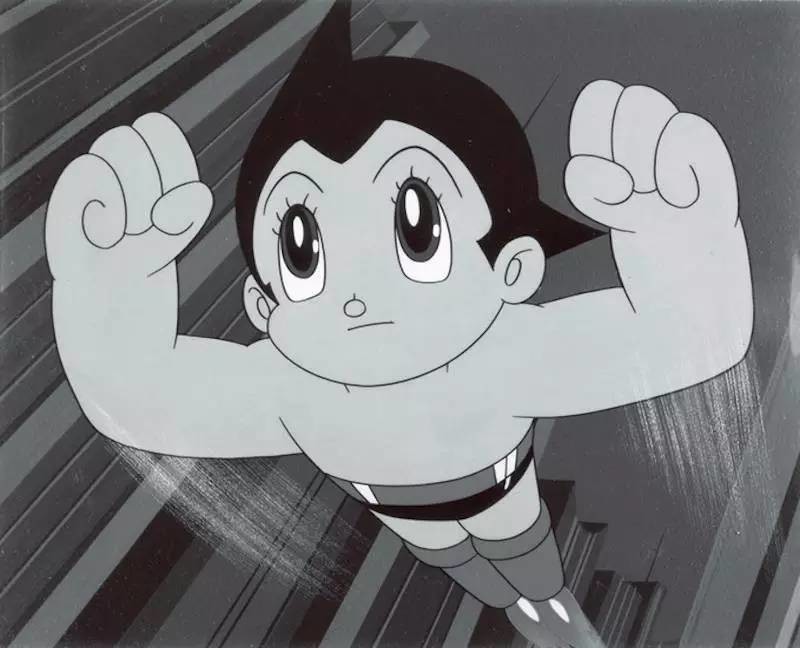
Anime in Japan first emerged in the early years of the twentieth century. For a variety of reasons, very few copies have survived. Still, we have enough information to know who some of the original animators and creators were. During the second World War, the majority of media was made to nationalize Japan’s culture and religion. Many anime films were created for that purpose. This was the era when anime made its first baby steps to becoming a definitive genre. One huge step for anime was the creation of Astro Boy, a black and white hit anime that came out in 1963.
70's Anime

In the 1970’s, anime became more known worldwide. This decade saw the Japanese media industry become highly competitive. Young animators promoted quickly, often to become directors. This infiltration of fresh, young talent resulted in multiple experimental projects that helped to shape the world of anime. A handful of iconic series were created during this time, as well as multiple animation studios. Madhouse Studio was founded in 1972, and Sunrise Entertainment was founded in 1973. Do those names ring a bell? They should. Both studios have worked on anime that, to this day, are considered some of the greats. Madhouse is responsible for the creation of Death Parade, Ninja Scroll, Vampire Hunter D, The Girl Who Leapt Through Time and many more. Sunrise has created series such as Code Geass, Gundam Wing, Gintama, as well as one of the greatest anime of all time, Cowboy Bebop.
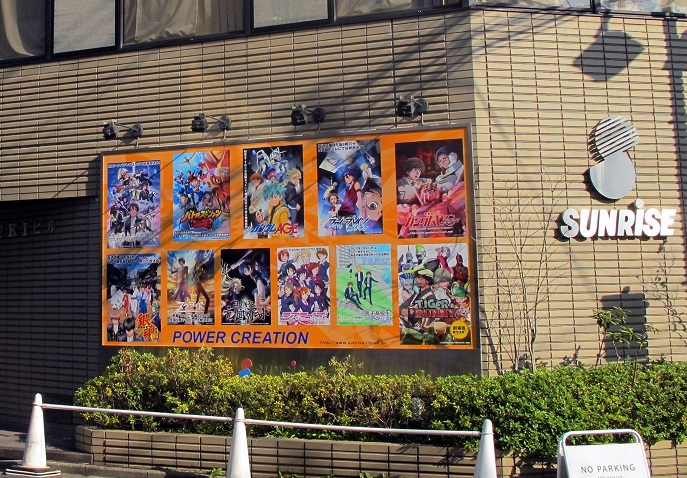
80's Anime
Ah the 80’s. Those sure were the days. The creation of one of the most popular western film series to this day, Star Wars, was just fresh out of the theater. It does not take a rocket scientist to figure out that, even to this very day, Star Wars has had a very heavy influence on international media. Anime is no exception. During the 1980’s anime really began to explore its mecha, robot and Sci-Fi genres. Childhood anime memories were formed during this time period, with the successful creation of Dragonball and its smash hit sequel Dragonball Z.
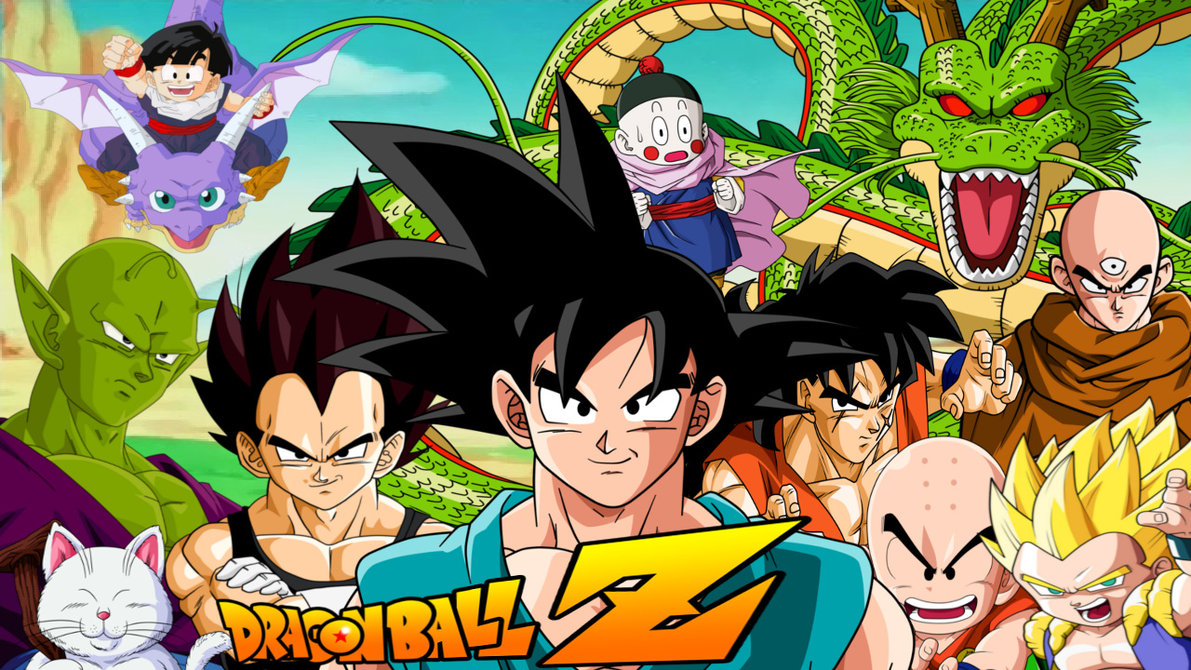
Another famous anime creator, whose name should sound familiar, took flight during the 80’s. In 1984, Hayao Miyazaki released one of the most influential anime films out there: Nausicaa of the Valley of the Wind. This film was shortly followed by Miyazaki’s fan favourites Tonari no Totoro in 1988 and Kiki’s Delivery Service in 1989.
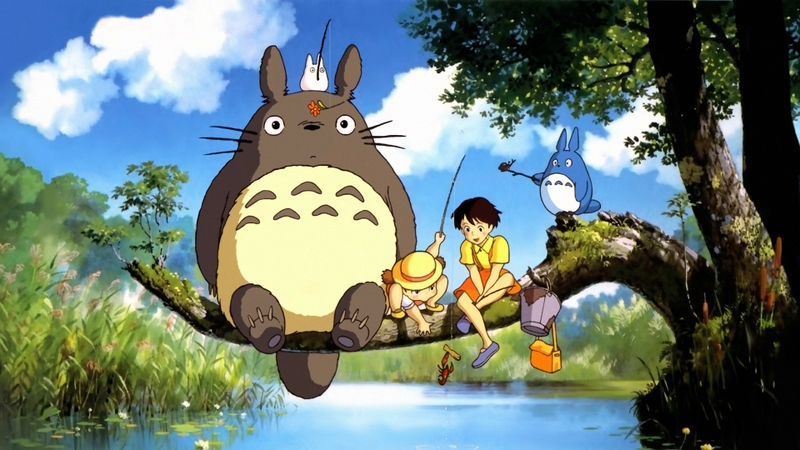
90's Anime
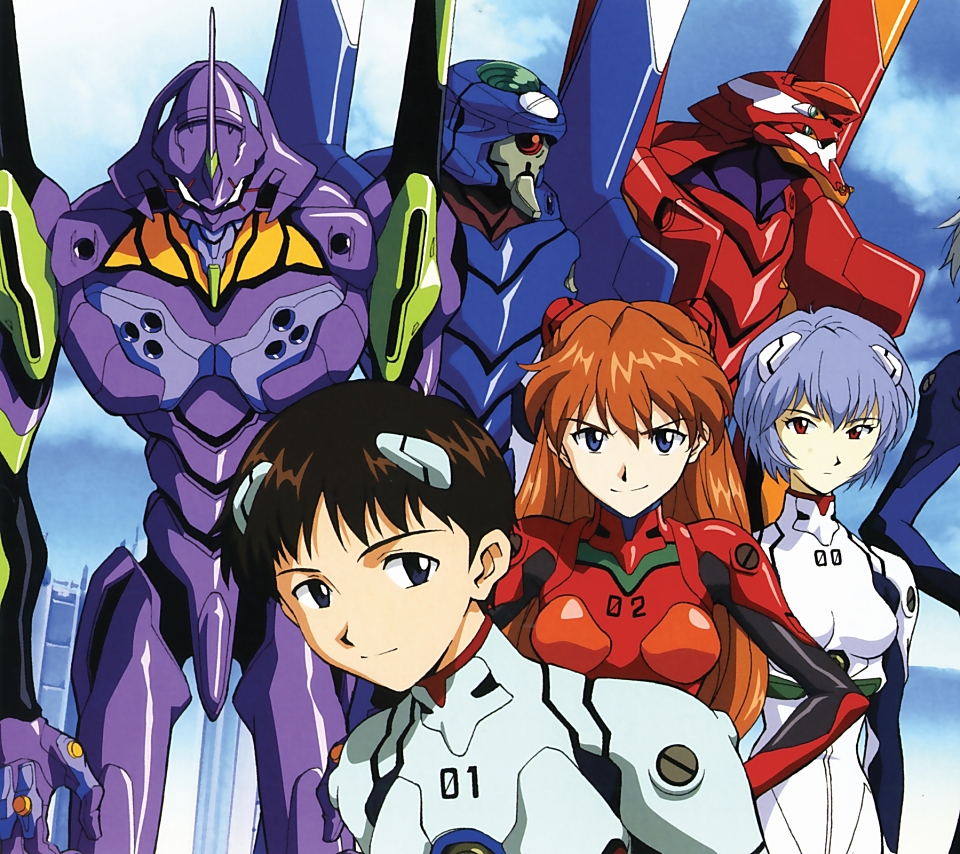
If you think that the 80’s was a good decade for anime, wait until you hear about the 90’s! In 1995, Hideaki Anno created Neon Genesis Evangelion, one of the most popular, and controversial anime ever. This was a milestone in the world of anime. It explored things such as intensity, violence and sexuality that other series had not yet dared to address. The critically acclaimed masterpiece, Cowboy Bebop, soon followed. Anime films also took flight, with the release of Ghost in the Shell, Princess Mononoke, and basically every other Studio Ghibli film being made during that time. In the 90’s, popular, childhood favourite franchises were born. Gundam Wing, One Piece, Naruto, Sailor Moon, Pokémon and the continuation of Dragonball Z are the most notable.
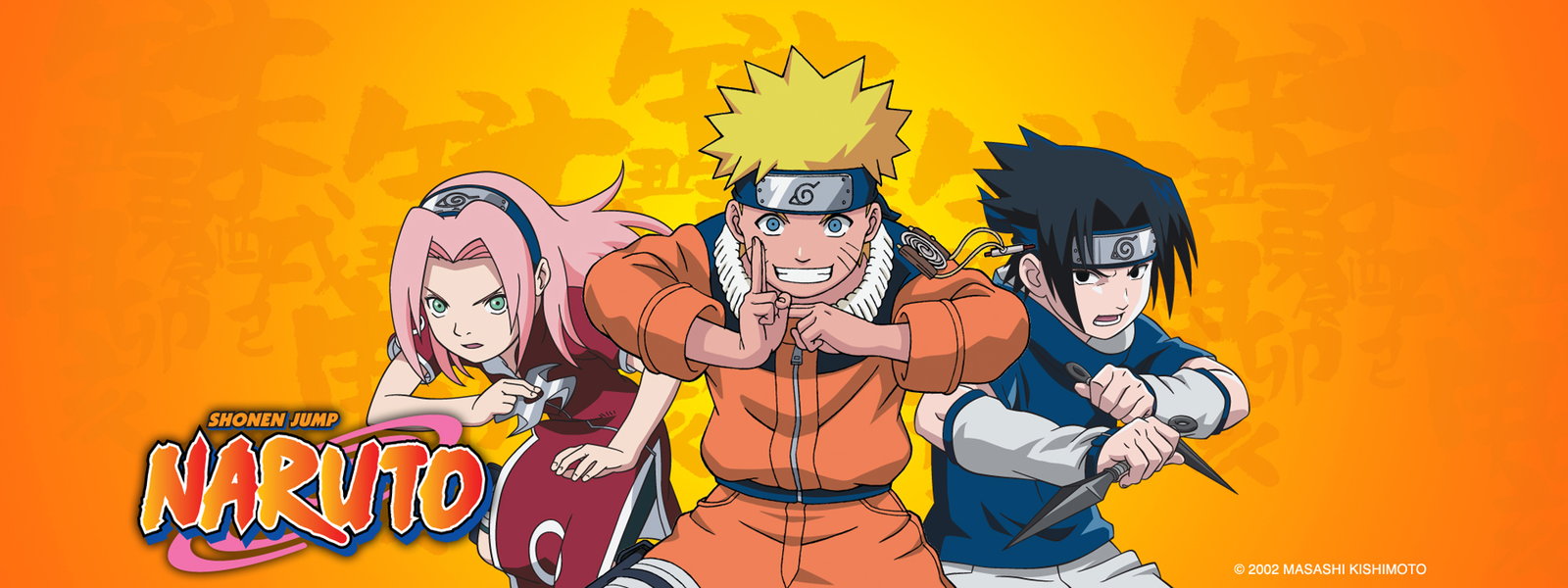
2000's Anime
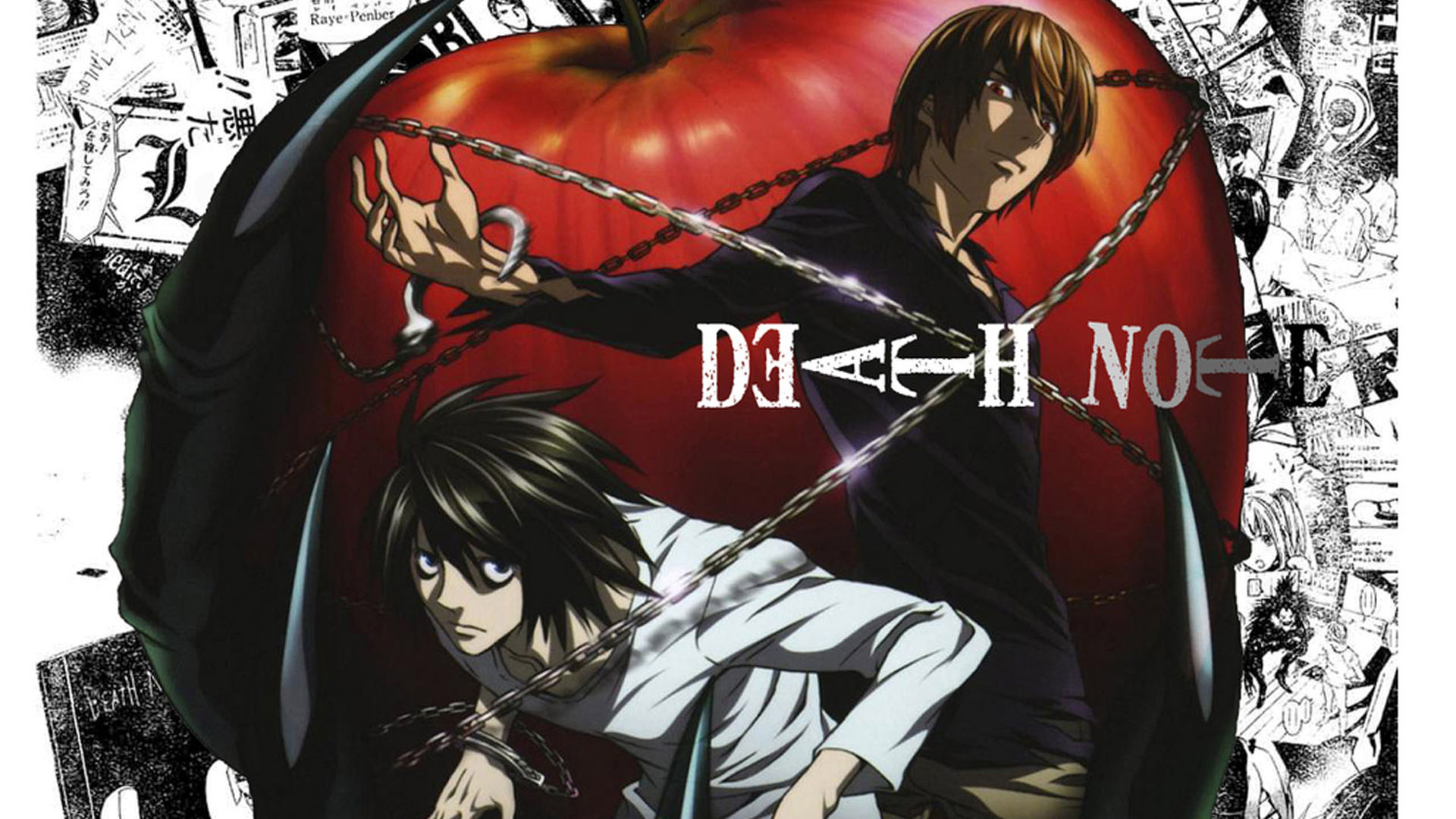
Finally, that brings us to the 2000’s. This era was, debatably, the golden age of anime. During this time, the Evangelion craze was just starting to die down, allowing the chance for other titles to take center stage. Although anime was already known in America, this is when it really became popular. I mean, just think about it. Between 2000 and 2010 is when we were given Death Note, Code Geass, Soul Eater, Ouran High School Host Club, Fullmetal Alchemist, Fullmetal Alchemist: Brotherhood, Higurashi No Naku Koroni, Clannad, and so, so many more. You may notice that the majority of these series took place between 2005-2008. Anime was then at its peak. What could possibly go wrong?
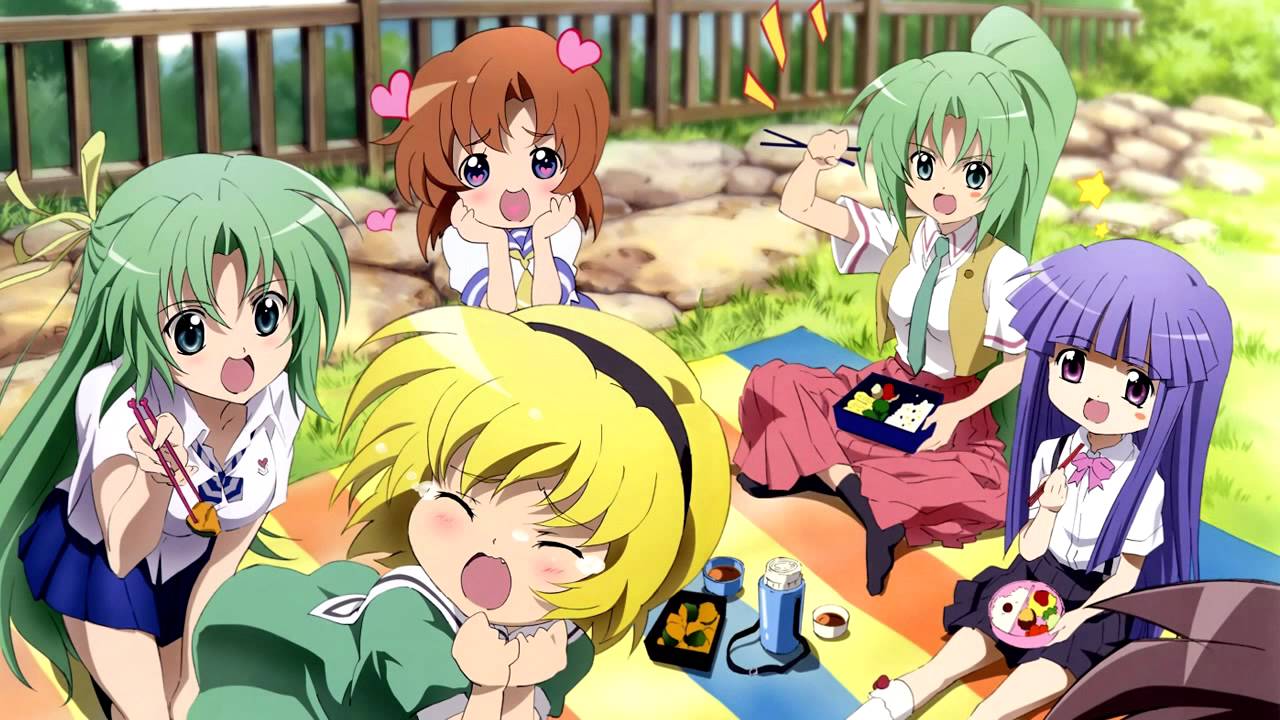
Future of Anime
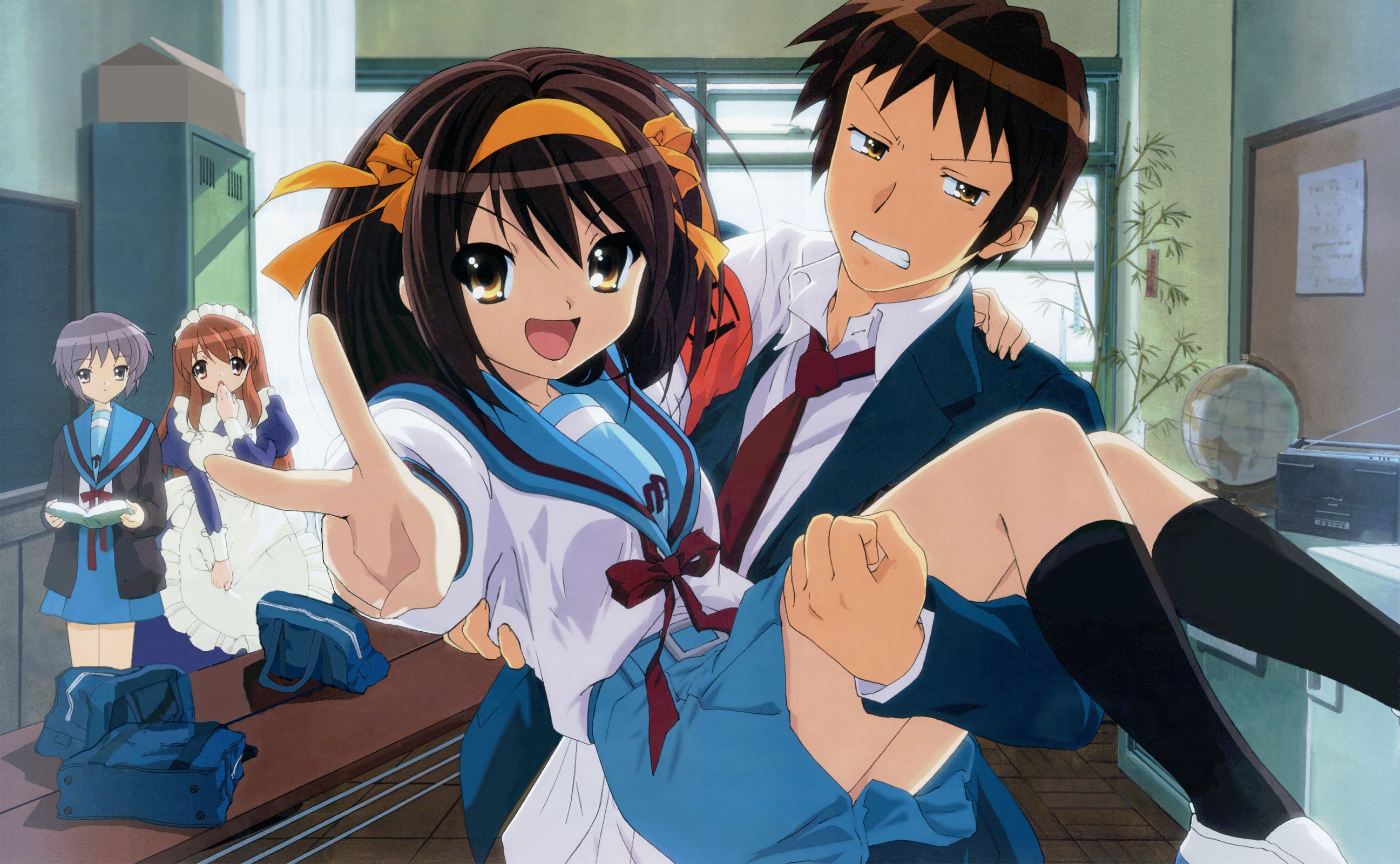
There are some people out there who are a little bit torn about the development of anime in this new decade. 2010 and onwards. Moe is everywhere! Fan favourite series were just ending, and everyone was eager to see what the new decade had in store. There are some great series from this era. Just take a look at The Melancholy of Haruhi Suzumiya. 2010 is the decade for anime adaptations of the majority of the manga that were published in the 2000’s. Anime has been a thing for almost 100 years, and some fans are worried about a decrease in creativity and originality. There is an opinion floating around that most of the new anime seem to be the same, recycled stories, that just can't be taken seriously. Series that were considered good are maybe starting to lose their punch. Just look at Fairy Tail. It is a fact that a lot of the new anime series out there are overhyped, and mediocre. Not to mention Miyazaki retired… Help!
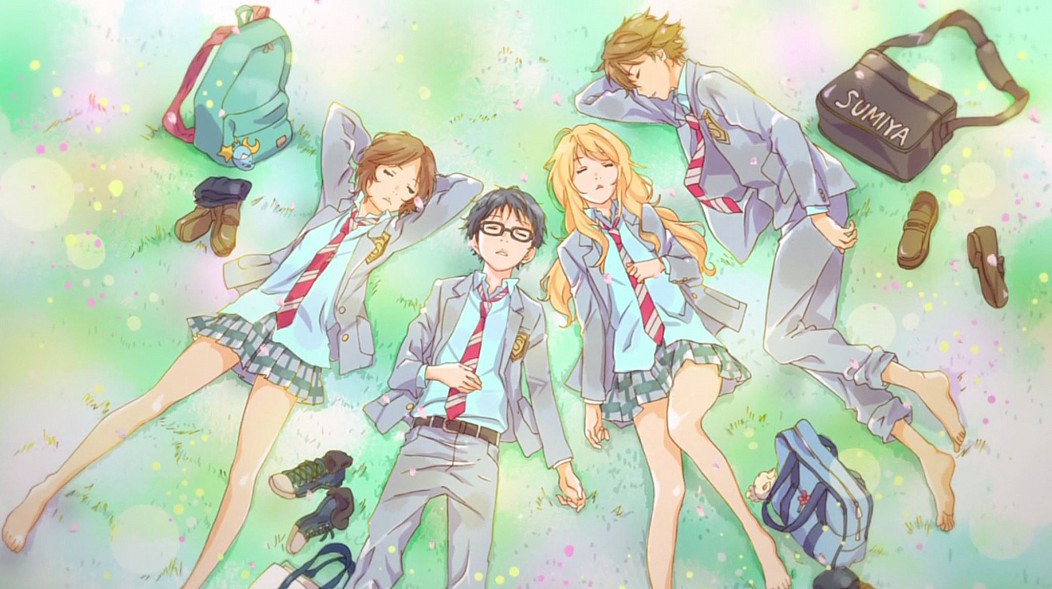
That being said, there are still series out there reminding us that anime is still a beautiful thing. Your Lie in April, Attack on Titan, The Melancholy of Haruhi Suzumiya, and The Disappearance of Haruhi Suzumiya are some examples. So what do you think? Considering how much anime has grown to become the wonderful thing it is today, do you think it still has some fire left? Do you think it's just going to be a downwards spiral from here, or do you think anime is just getting started? Anime has such a rich history that not too many people know. But they should be aware. Anime has evolved so much since its birth! If we want to continue witnessing anime grow, it is important that we gain a deep understanding and appreciation of all obstacles the anime has been able to surpass. It was able to see the light of day after a World War for God’s sake! Knowing the fascinating history of anime, there is no way true fans would ever let it die over something as silly as lack of ideas.
